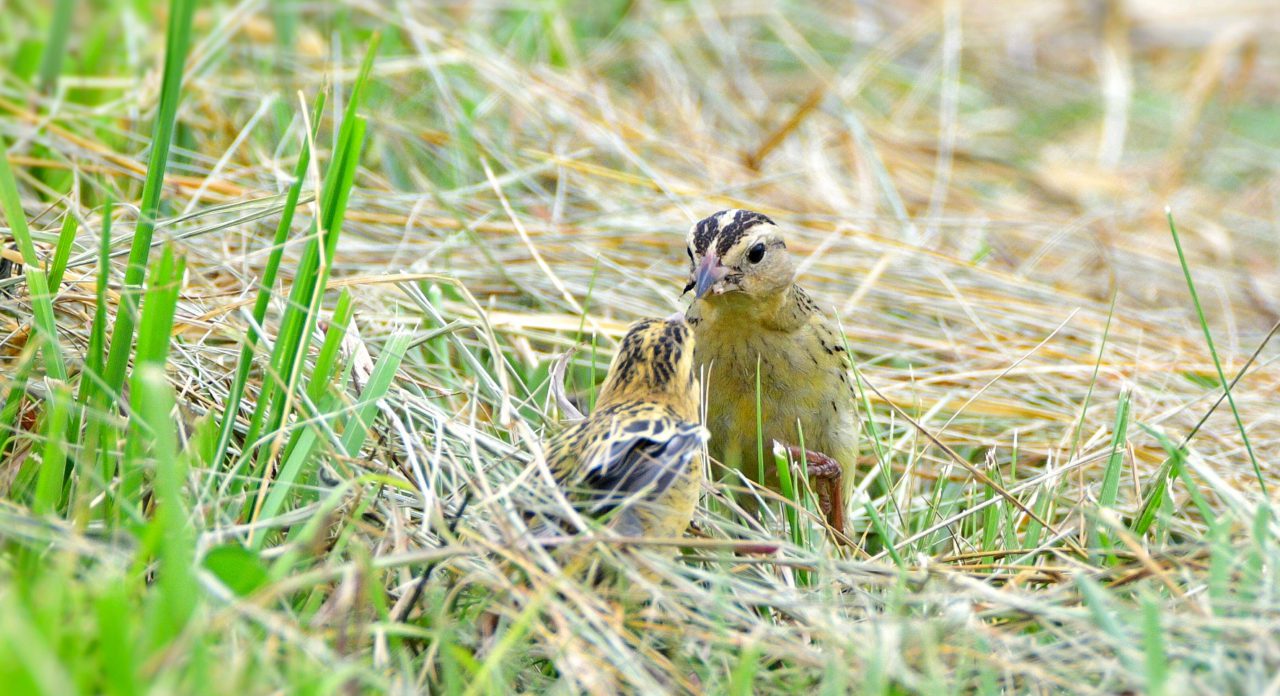
From the Winter 2023 issue of Living Bird magazine. Subscribe now.
In September the U.S. Environmental Protection Agency denied a petition seeking to remove pesticide-coated seeds from the agency’s “treated article exemption.” The exemption means pesticide-coated seeds are not regulated as a pesticide by the EPA.
A coalition led by the Center for Food Safety—and including American Bird Conservancy, Pesticide Action Network, and other beekeeping and pollinator groups—filed the petition asking EPA to end a regulatory loophole for seeds treated with a coating of systemic pesticides (such as neonicotinoids). The petition asked the agency to monitor and regulate pesticide-coated seeds just as it would pesticides applied on plants or in fields.
A response to the petition from Edward Messina, EPA Office of Pesticide Programs director, stated that EPA will “review labeling instructions for pesticides registered for seed treatment use(s)” and “seek additional information on pesticide seed treatment,” as well as explore the future option of regulating the use of pesticide-treated seed. Other than that, Messina wrote that EPA will not change its current practice.
Seed coatings are the primary way neonicotinoid pesticides are used in farm fields. Neonics have been documented to have direct effects on birds, such as interfering with metabolism, migration, and reproduction, as well as indirect effects, such as depressing insect prey populations. A study conducted by scientists from the University of Illinois Urbana-Champaign and Auburn University found evidence of accelerated declines of grassland birds in counties with high neonicotinoid use (see “Neonic Nation: Is Widespread Pesticide Use Connected To Grassland Bird Declines? Summer 2022).
“The EPA’s decision today to deny the petition request to exclude pesticide-coated seeds from the treated article exemption represents a blow to grassland and insect-eating birds,” said Hardy Kern, director of the American Bird Conservancy Pesticides and Birds Campaign. “The U.S. and Canada have nearly 3 billion fewer birds than in 1970, in part due to pesticide-caused prey loss and poisoning. This is a lost opportunity to mitigate these threats.”
An EPA spokesperson contacted for this story said the agency had no further comment about its decision.

